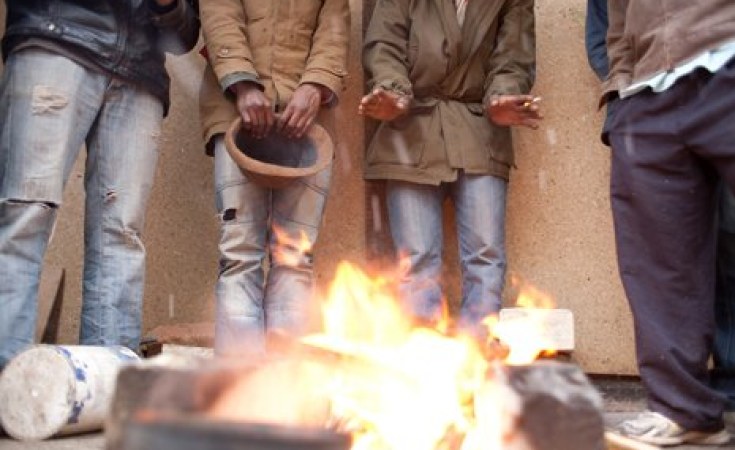Tshwane — Poor working and living conditions of members of Mazista community, in Kgetleng Local Municipality (KLM) will soon be addressed, North West Premier Edna Molewa said.
Most members of the Mazista community work in the local mine.
She said a meeting was being arranged between government, the mine management, Departments of labour and Minerals and Energy in an effort to resolve problems which divided the mine and the community.
Speaking during the Human Rights Day celebrations Wedneday at Mazista, Premier Molowa admitted the provincial government was aware of the challenges facing the community.
"All these challenges can only be resolved through dialogue. We will also like to appeal to employers to give preference to local residents when opportunities become available," she said.
Ms Molewa urged the Mazista Slates Mine management to communicate with the local community on issues of human resource development.
"The Human Rights Day celebration was held in Mazista as part of its effort to restore dignity of local people. It is difficult to understand that for long time the local community has been deprived of its right to benefit from the operations of the mine," she added.
The Mazista mine has committed to donating land so that government could build RDP houses for local members of the community.
The differences between the Mazista community and the mine have been in existence since 1968.
Simon Dube, [43], a former employee at the mine said in 2000 workers went on strike to protest against the retrenchment of 1 000 employees.
On 21 March 1960, several marches were organized countrywide to protest against the Pass Laws. These laws forced African people living or working in and around towns to carry a document known as a Pass at all times, failing which they would be arrested.
At Sharpville township, in Gauteng thousands of people converged at the local police station and demanded to be arrested. They were confronted by 300 police officers and the scuffle ensued.
Police opened fire on the peaceful protesters, killing 67 and injuring 180 people. These people were protesting against unfair and repressive laws and demanded their human rights, many of which have been enshrined in the Constitution.


